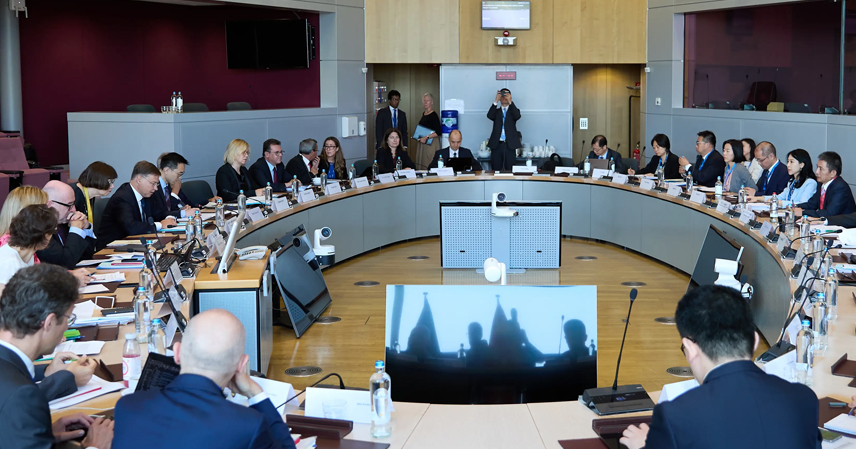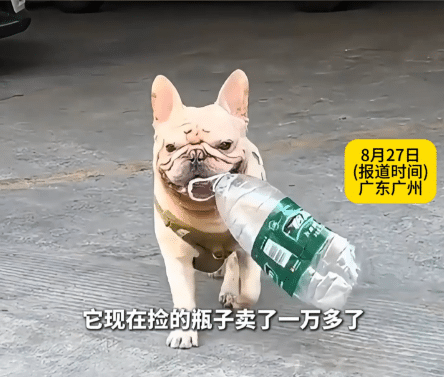In a bold escalation of tensions, China has issued a sharp rebuke to the European Union over its latest sanctions targeting Chinese oil companies. On October 23, 2025, the EU rolled out its 19th package of measures against Russia, marking the first time it directly hit large Chinese refineries and petroleum traders for allegedly helping Moscow dodge restrictions. This move has ignited fears of a trade war ripple effect, raising questions about whether Europe can weather the economic and geopolitical storm it’s stirring up.
EU’s Sanctions Ignite Beijing’s Fury
The EU’s decision to blacklist two mainland Chinese refineries—including state-linked giants—and a Hong Kong-based oil trader has drawn swift condemnation from China’s Ministry of Commerce. Spokesperson Shu Jueting expressed “strong dissatisfaction and firm opposition,” slamming the actions as unilateral sanctions lacking UN backing or international legal basis. Beijing views this as a blatant disregard for repeated diplomatic overtures and a direct assault on the spirit of China-EU strategic partnership. The ministry urged the EU to halt its listings immediately, warning against venturing further down this “wrong path.” China vows to deploy “necessary measures” to safeguard its firms’ rights, energy security, and economic interests, potentially escalating into retaliatory tariffs or export curbs.
This isn’t just rhetoric; it’s a clarion call amid deepening US-China-EU frictions, where Europe risks becoming a pawn in broader geopolitical games.
Economic Backlash: Hitting Europe Where It Hurts
At the heart of the dispute lies the intertwined China-EU trade ecosystem, valued at €732 billion in goods last year—a slight dip from prior peaks but still a lifeline for both sides. Sanctioning Chinese enterprises in the oil sector could boomerang spectacularly. European firms, already navigating supply chain vulnerabilities, might face disrupted partnerships and higher costs. Take the renewable energy push: Europe imports 80% of its photovoltaic components from China, and curbs on related suppliers could derail the bloc’s green transition, as warned by the European Photovoltaic Industry Association.
Consumers could feel the pinch too—rising prices for everything from electronics to autos. It’s a stark reminder of mutual dependence: what hurts Beijing’s bottom line inevitably squeezes Europe’s wallet.
Eroding Political Trust in a Multipolar World
Beyond dollars and euros, these sanctions chip away at the political mutual trust that underpins China-EU relations. The duo has long collaborated on global challenges like climate action and multilateral governance. Yet, this aggressive stance undermines those gains, casting doubt on Europe’s commitment to fair play. Internationally, it could tarnish the EU’s image as an impartial actor, diminishing its sway in forums like the UN or WTO.
Beijing argues that normal China-Russia business ties—rooted in energy deals—aren’t evasion but legitimate commerce, especially since most nations, including the US and EU members, maintain trade with Moscow. Why single out China?
Shaking Global Energy Stability
The sanctions’ fallout extends to volatile global energy markets. China’s refineries are pivotal suppliers of flexible middle distillates, and targeting them risks amplifying oil price swings. Indeed, following the announcement, Brent crude futures surged over 4% in late trading, settling near $64.35 per barrel, while Shanghai crude contracts climbed similarly. Such volatility threatens not just Europe but worldwide supply chains, at a time when energy security hangs in precarious balance.
Echoing past missteps, the EU’s earlier bans on Russian oil plunged the continent into crisis—remember the 2022 winter when households burned firewood for heat amid soaring inflation? Fast-forward to today: with harsh winters looming, will Europe repeat the error, especially as US LNG exports come at premium prices, profiting American firms while Europeans foot the bill?
Time for EU Reflection: Dialogue Over Division
China has consistently advocated neutrality in the Russia-Ukraine conflict, pushing for peace talks and strictly controlling dual-use exports without arming either side. The EU’s finger-pointing ignores this stance and the broader tapestry of international trade. As Beijing implores, Europe should pause, reassess, and prioritize win-win cooperation over confrontation.
The stakes are high: shared interests in trade, tech, and sustainability demand bridge-building, not barriers. If the EU persists, the real casualty will be its own citizens—facing colder homes, pricier goods, and frayed alliances. Europe, it’s time to choose wisely.
References
- EU adopts 19th package of sanctions against Russia. European Commission.
- EU to list two Chinese oil refineries, one trader in new Russia sanctions. Reuters.
- China’s Ministry of Commerce opposes EU sanctions on Chinese firms. CGTN.
- EU trade relations with China. European Commission.
- Oil extends gains after settlement on new sanctions on Russian oil. Reuters.



